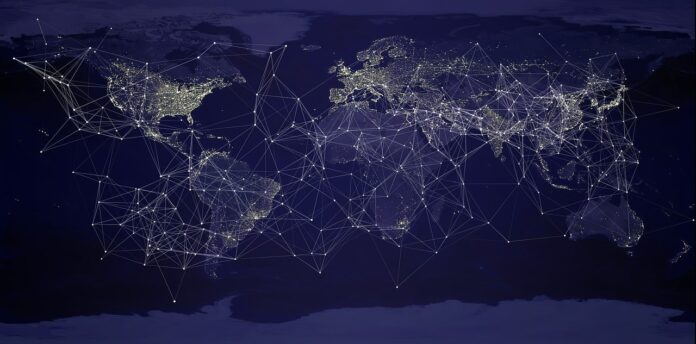The negotiations for a WHO pandemic accord are still in full swing this week. Talks are taking place behind closed doors, but it is becoming increasingly clear what the contentious issues are. There are many, but one that should be easy to deal with is whether technology transfer licences should be worldwide or not.
Such licences are often managed by pooling mechanisms such as the Medicines Patent Pool or the WHO Covid-19 Technology Access Pool. The draft Pandemic Accord has a number of provisions related to technology transfer. The Accord also envisages a larger role for such pooling initiatives.
The relevant proposed text by the Bureau is found in Article 11.1:
Article 11. Transfer of technology and know-how
1. In order to enable sufficient, sustainable and geographically-diversified production of pandemic-related products each Party, taking into account its national circumstances, shall:
(a) promote and otherwise facilitate or incentivize the transfer of technology and know-how for both pandemic-related and routine health products, including through the use of licensing and collaboration with regional or global technology transfer partnerships and initiatives, and in particular for the benefit of developing countries and for technologies that have received public funding for their development;
(b) promote the timely publication by private rights holders of the terms of licensing agreements and/or technology transfer agreements for pandemic-related products, in accordance with national laws;
(c) make available licenses, on a non-exclusive, worldwide and transparent basis and for the benefit of developing countries, for government-owned pandemic-related products, and shall publish the terms of these licenses at the earliest reasonable opportunity and in accordance with national laws; and
(d) provide, within its capabilities, support for capacity-building for the transfer of technology and know-how for pandemic-related products.
The European Union and the UK now oppose the term ‘worldwide’ in Article 11.1 (c), according to the latest draft of the negotiating text made available by Politico [paywall].
The opposition of the European Union and the UK to worldwide licensing for pandemic products is odd. Not in the least because it is already current practice. For example: The WHO Covid-19 Technology Access Pool (C-TAP) and the the Medicines Patent Pool (MPP) concluded the following worldwide licences:
- November 2021, with the Spanish National Research Council (CSIC) for a Covid-19 serological antibody diagnostic test.
- May 2022, with US National Institutes for Health (NIH) for 11 technologies.
- July 2023, with Medigen Vaccine Biologics Corp. (“Medigen”) for a Covid-19 vaccine
- July 2023, with the Spanish National Research Council (CSIC) for a Covid-19 vaccine
- In July 2023, with Universidad de Chile for a system for quantification of neutralising antibodies (NAbs) against SARS-CoV-2.
The Medicines Patent Pool holds a worldwide licence for tuberculosis products since 2017.
Objecting to worldwide licences or trying to restrict them to certain groups of countries ignores the fact that worldwide licensing for pandemic products already takes place. The geographic scope is part of the terms and conditions negotiated before reaching a patent or know-how licence agreement. Negotiations about geographical scope, in particular with commercial companies can be difficult and it will not always be possible to obtain a worldwide licence. But introducing geographical scope restrictions in the context of the pandemic accord would needlessly tie the hands of those who negotiate licence agreements for public health purposes and ignores the fact that often public R&D initiatives are prepared to offer worldwide licences.
The EU and the UK should recognise that during a pandemic when the health of people anywhere on the planet is at stake, it is important to ensure that pandemic countermeasures are available worldwide. Worldwide licences can accommodate different levels of royalty rates according to a country or region’s economic development so as to not restrict access to the products nor the knowhow needed to manufacture them.
Ellen ‘t Hoen, LLM PhD, is a lawyer and public health advocate with over 30 years of experience working on pharmaceutical and intellectual property policies.
